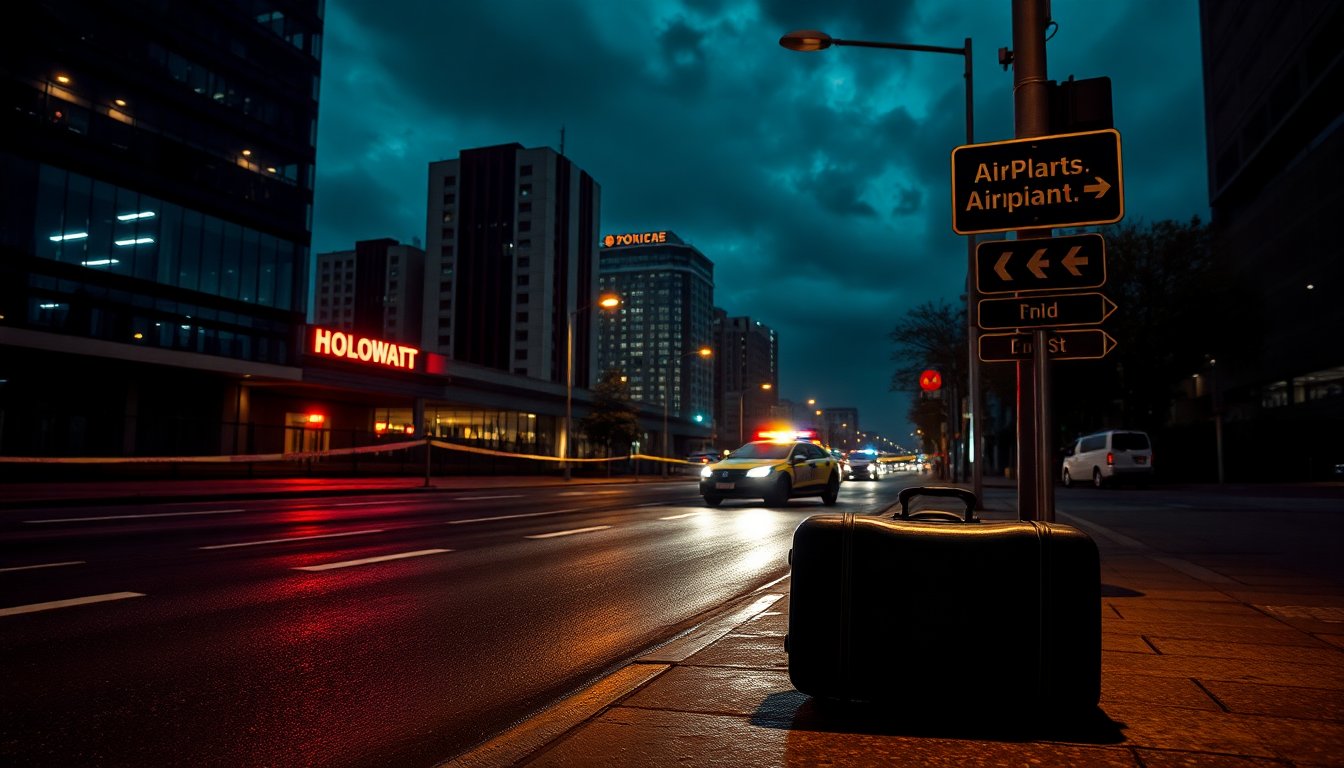Table of Contents
The case against Luigi Mangione, a man embroiled in the murder of UnitedHealthcare CEO Brian Thompson, continues to unravel in surprising and disturbing ways. With the legal proceedings heating up, new revelations have come to light about Mangione’s behavior and experiences leading up to the tragic event. This article delves into his unusual journey, including a trip to Asia that has captured public interest.
Chaotic travels before the incident
Before the shooting, Mangione took a trip across multiple countries, including Japan, Thailand, and India. Reports indicate that during his time in Osaka, he made peculiar jokes about using collectible Pokémon cards as a form of payment instead of local currency. This offbeat humor raises eyebrows, especially in light of the serious allegations against him.
Adventures and altercations in Asia
His adventures in Asia were not merely light-hearted; they included a bizarre encounter in Thailand where he allegedly lost a fight to seven transgender women, referred to colloquially as ladyboys. In a conversation with a friend, he described this incident while sharing a photo that displayed scratches on his arm. His travels also involved a spiritual journey in a mountain village in Japan, where he sought tranquility, yet the underlying activity during his trip suggests a troubled mindset.
The fatal encounter with Brian Thompson
Returning to the United States in, Mangione settled in San Francisco and eventually relocated to a hostel in New York City by December. This move was significant as it coincided with the planned ambush of Thompson outside a shareholder conference in Manhattan. On December 4, surveillance footage captured the moment a masked figure, believed to be Mangione, approached Thompson and opened fire, resulting in the CEO’s death.
Arrest and implications
Five days post-murder, authorities apprehended Mangione in Pennsylvania, where he was found in possession of the weapon used in the crime and a manifesto expressing his disdain for the health insurance sector. These items suggest a premeditated intent, raising serious questions about his mental state and motivations.
Legal challenges ahead
As the legal battle unfolds, Mangione faces a myriad of charges across different jurisdictions, including second-degree murder and interstate stalking. His defense team argues that the Trump administration has unfairly politicized his case, claiming their client is being used as a pawn in a larger agenda. They contend that public remarks made by political figures and the Department of Justice have compromised his right to a fair trial.
Efforts to seek the death penalty add another layer of complexity to the case. The defense has pointed to statements from prominent individuals, including the former President, which they argue can unduly influence public perception and judicial proceedings. They assert that such commentary creates an environment rife with bias.
Implications for the health industry
Interestingly, the defense’s arguments extend to perceptions of the health insurance industry itself. They claim that UnitedHealthcare is attempting to shift blame away from its practices by framing Mangione as the sole villain, thereby protecting its corporate image. This assertion raises ethical questions about how public narratives can shape legal outcomes.
As the trial approaches, the details of Mangione’s case remain a focal point of media scrutiny. The juxtaposition of his past experiences with the gravity of the charges against him paints a troubling picture of a young man at the center of a high-profile murder investigation.


